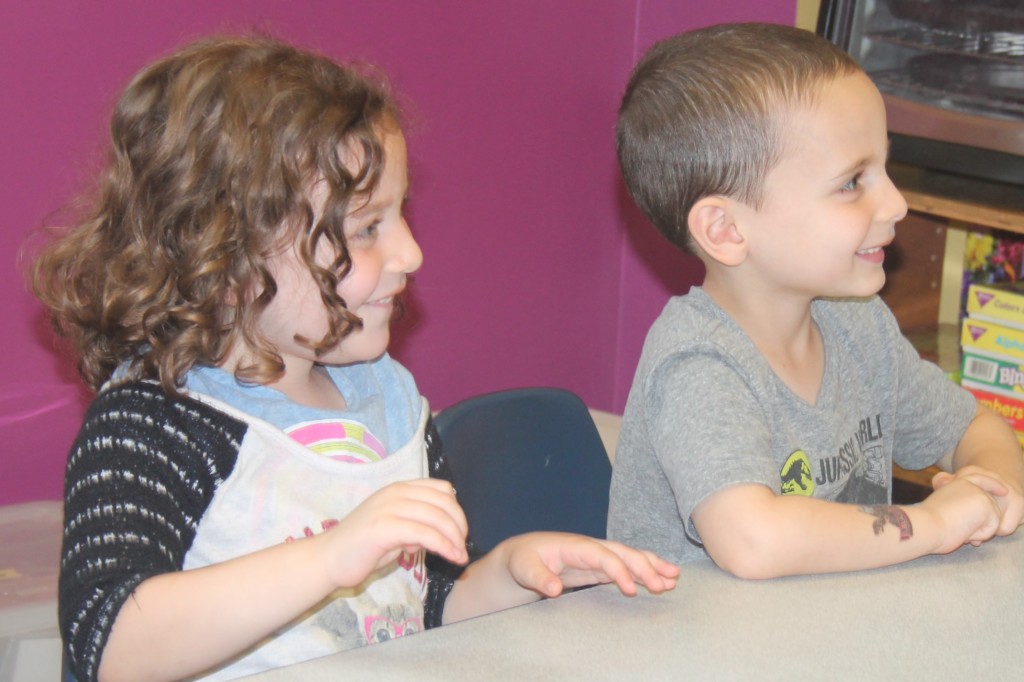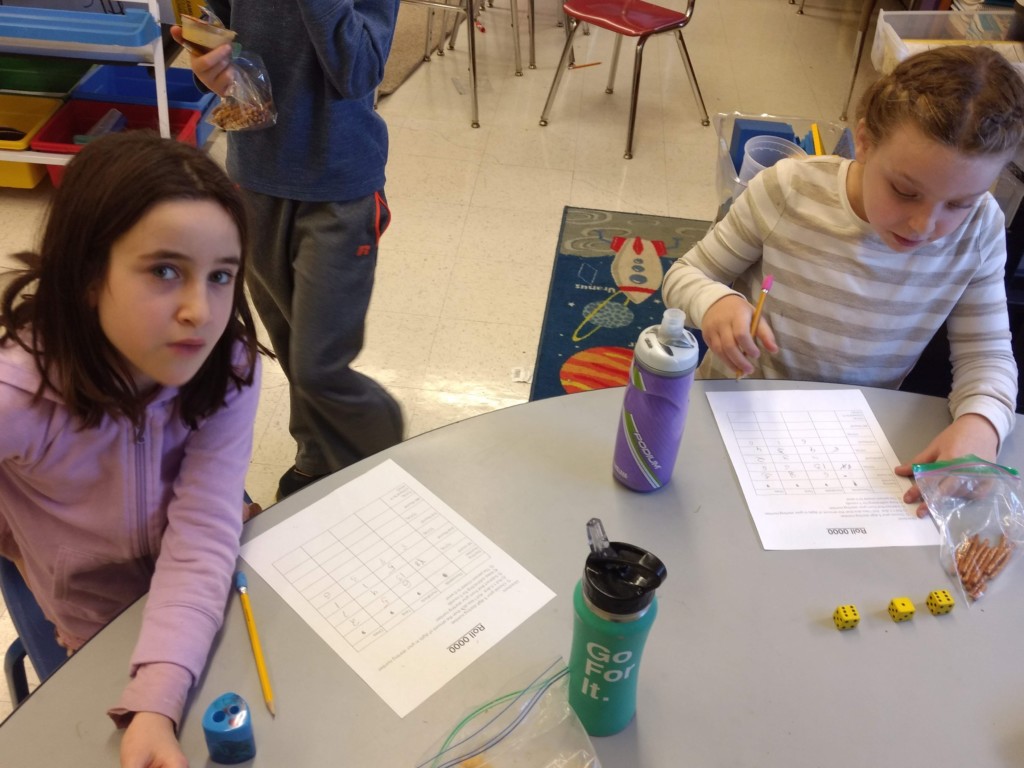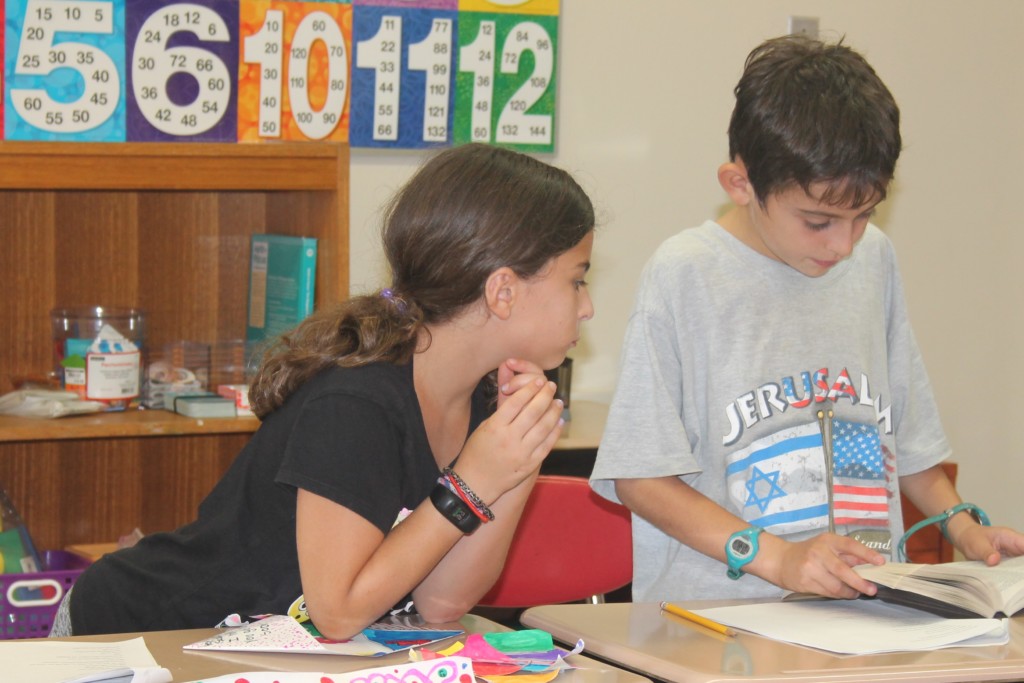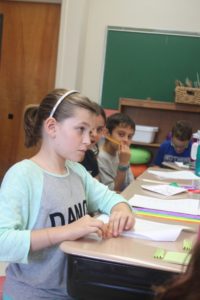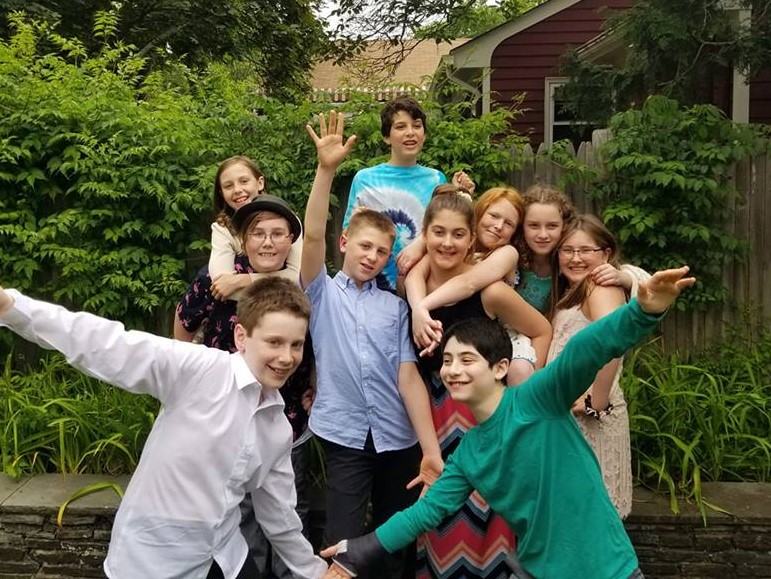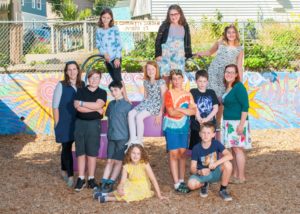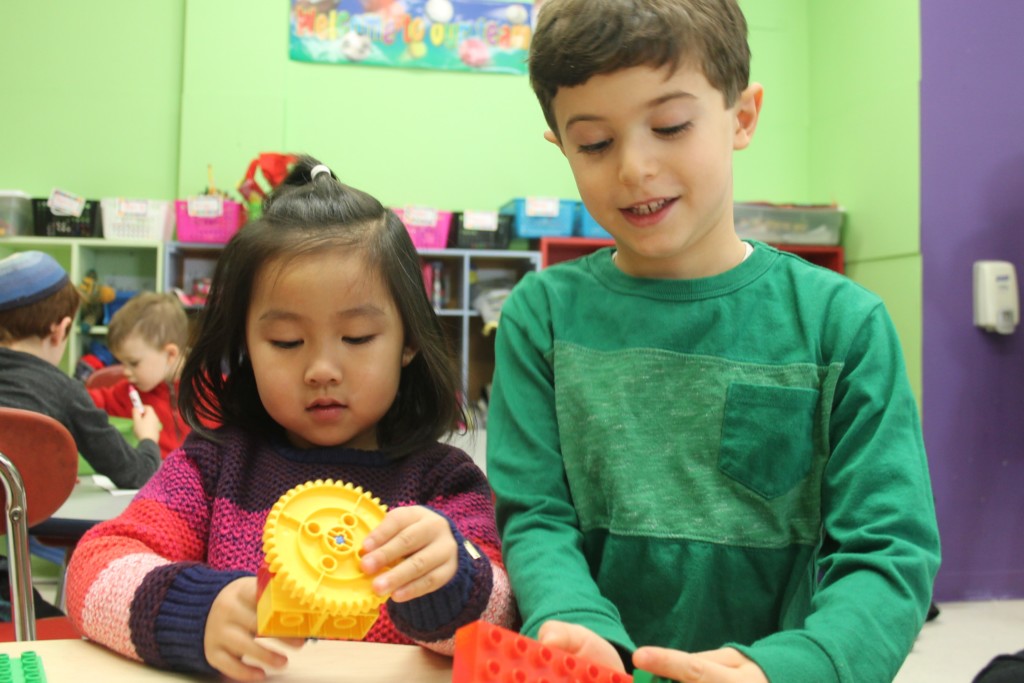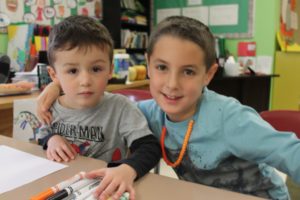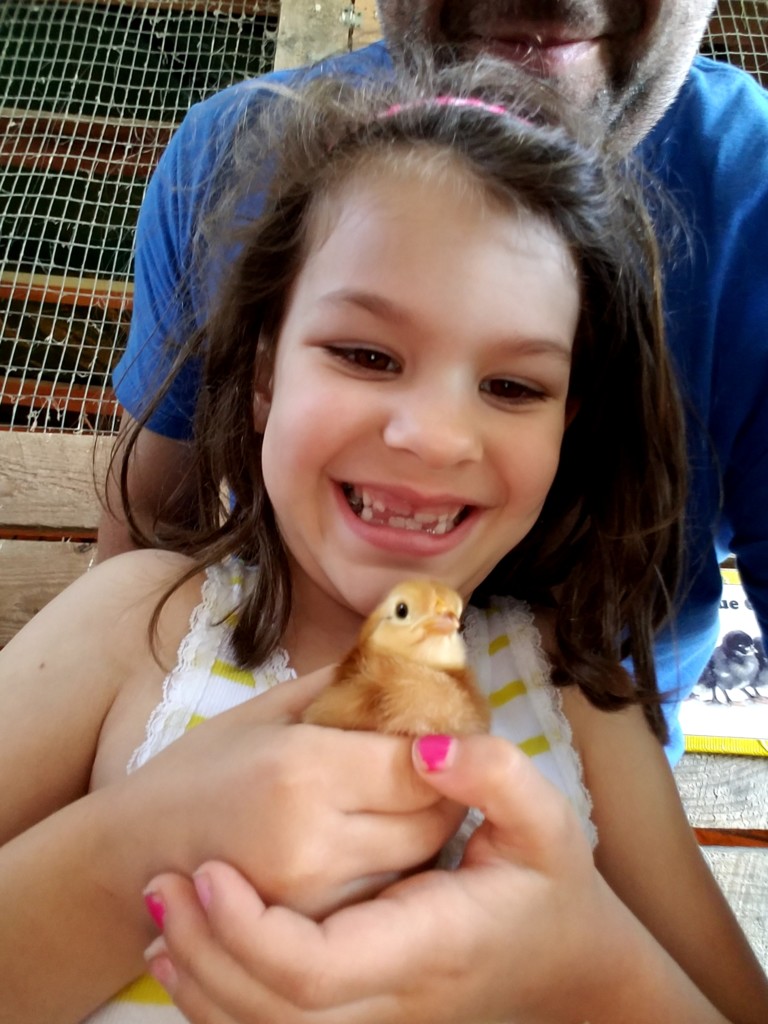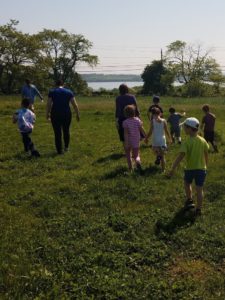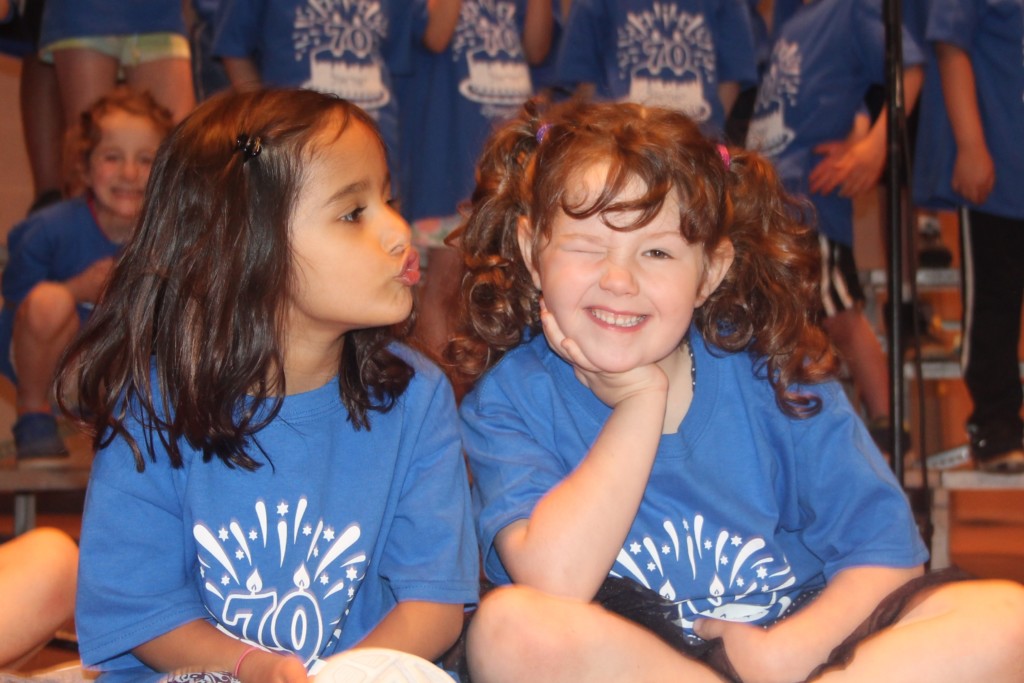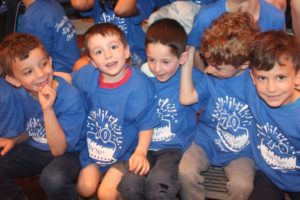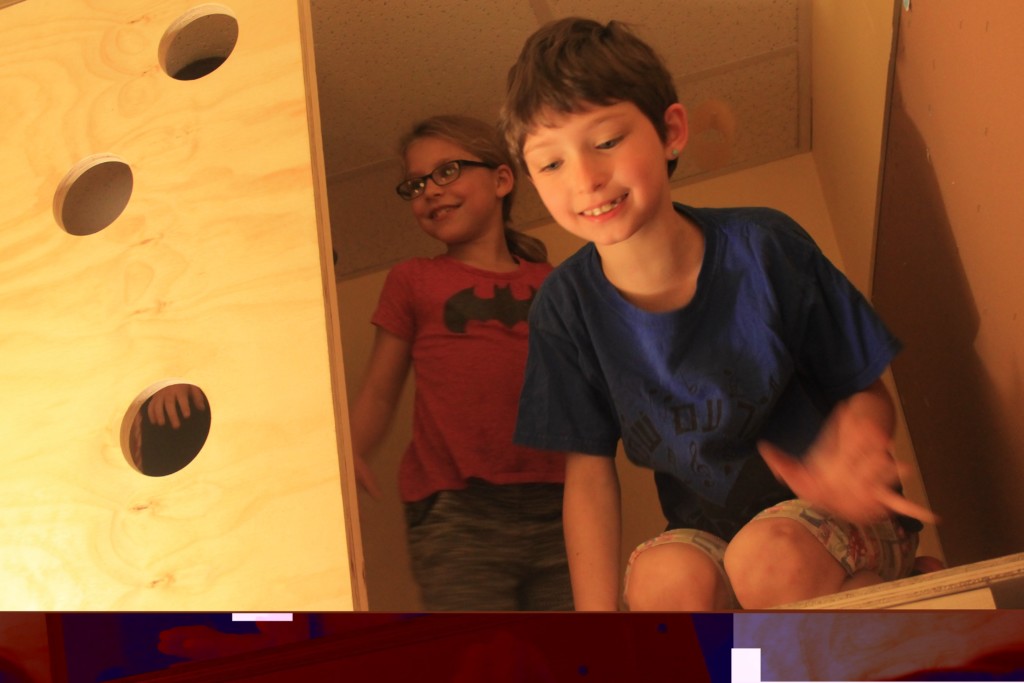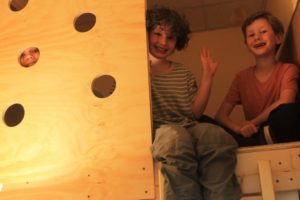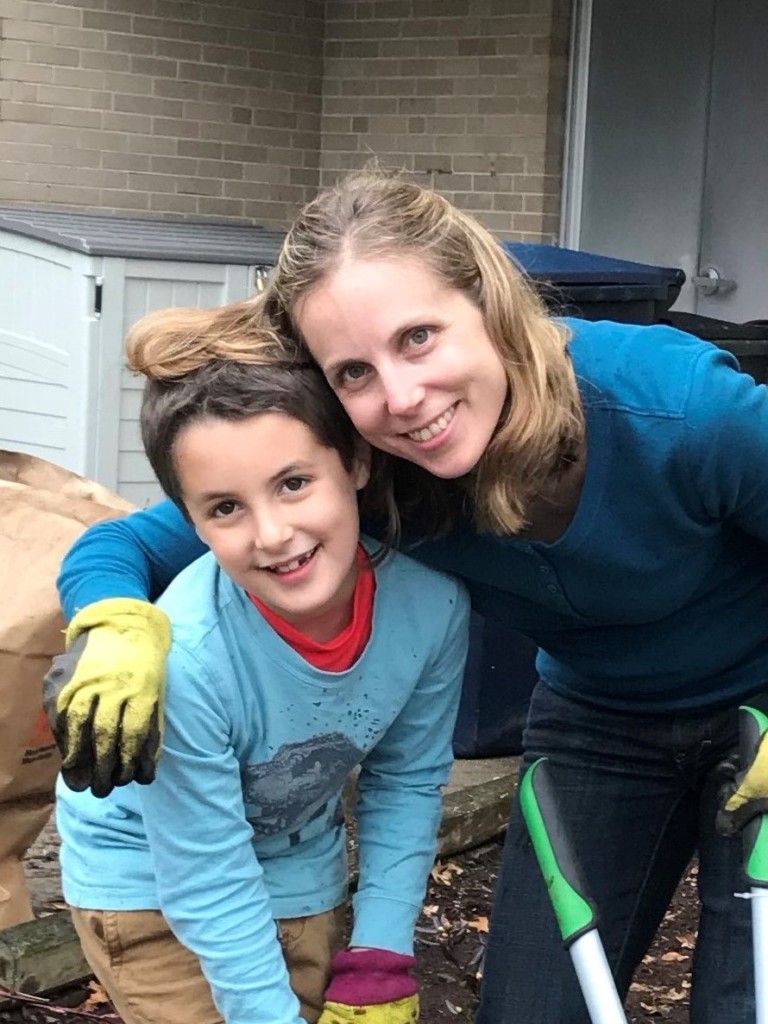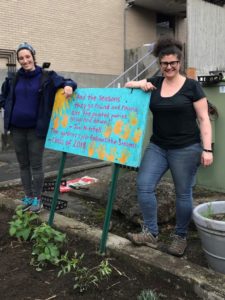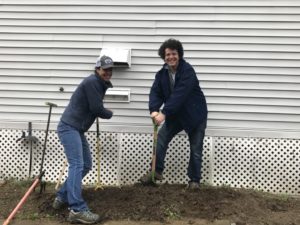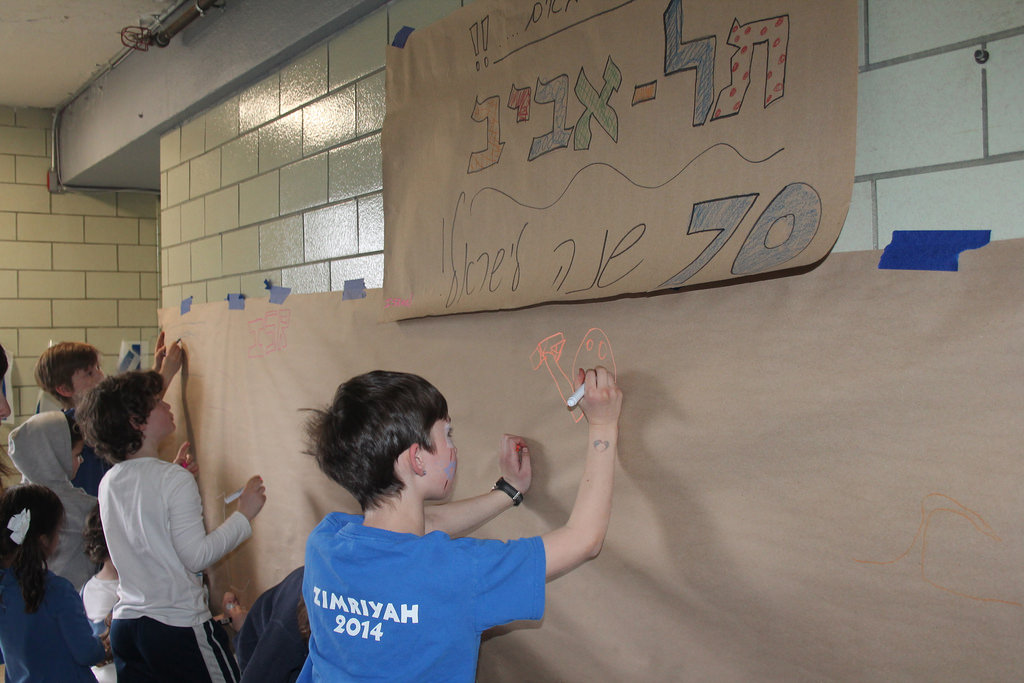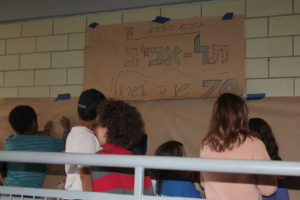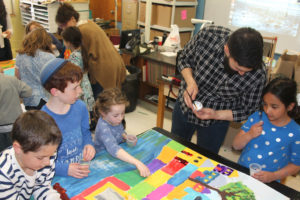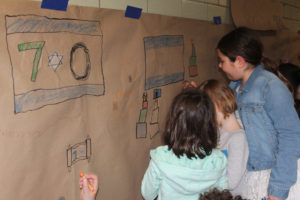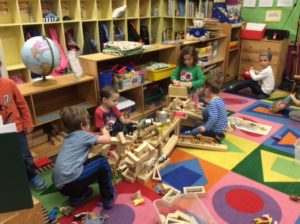 Our Pre-K students have been learning the story of Noach (Noah), Naama and their teivah (ark).
Our Pre-K students have been learning the story of Noach (Noah), Naama and their teivah (ark).
When we discussed the story, one of our questions was, “What does it mean to be a good person?”
Here are some of their thoughts:
When you say “thank you” and show peace.
Show kavod and make peace.
Not pushing somebody.
When you say “sorry” and listen to the teachers.
To listen.
Not to talk when someone else is talking.
Say “please”
Enjoy the story of Noah as retold and dictated by our wise Pre-K students:
Once upon a time there was a man named Noach. He showed kavod (respect) and peace. He said “thank you” and “you’re welcome.” He was a good person. Every morning he walked to work. One morning, God said, “NOACH, NOACH.” Noach turned around to see who was talking to him but he couldn’t see anyone. The voice said “I am God, you can’t see me–I am invisible.” Noach said “what can I do for you?” God answered “I have a big mission for you. I need you to make a teivah (ark) out of wood.” Noach asked, “Why?” God said, “I will tell you when you are done.” Noach asked God, “Why me?” God said, “Because you are strong and nice and your kids can help you.” He had 3 children and his wife, Naama, could help too. The teivah was very big, so big like the school, and it took 100 years to build. It needed to be waterproof. God told Noach that he should make the teivah out of wood and then make it waterproof. Hashem told Noach to bring 2 of each animal onto the teivah – a boy and a girl.
The story of Noah offers us a perfect opportunity to explore buoyancy. In order to understand why the ark needed to be waterproof, they experimented with sinking and floating. Our children discovered that plastic, a wooden sign, and wooden doll house furniture floats. A coffee filter in water first floated but then sunk. A glass bottle filled with water and then sunk.
